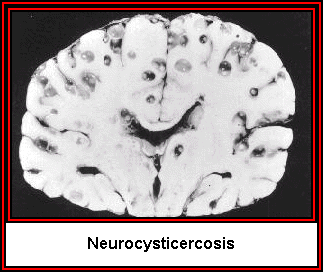
Parasitology is essentially the study of animals who eat their “prey” (termed “hosts”) from the inside out! We talk about microscopic parasites (malaria, hemoflagellates, ameba, etc.) to larger parasites (tapeworms, flukes, nematodes, etc.). There are more parasitic species than any other type of species (e.g., predators, herbivores, etc.), and thus this is an important area to understand as a biologist!
The class also has an optional lab (BIOL:464)
In this course, there are two major emphases. First, we concentrate on the medically-oriented aspects of humans being parasitized. For this aspect of the course, we concentrate on human parasites (and some parasites of domestic animals), discussing how someone becomes parasitized, what the parasite does to the person (i.e., its pathology), how to stop transmission and how to cure a patient. Understanding of the life cycles of these parasites is also emphasized.
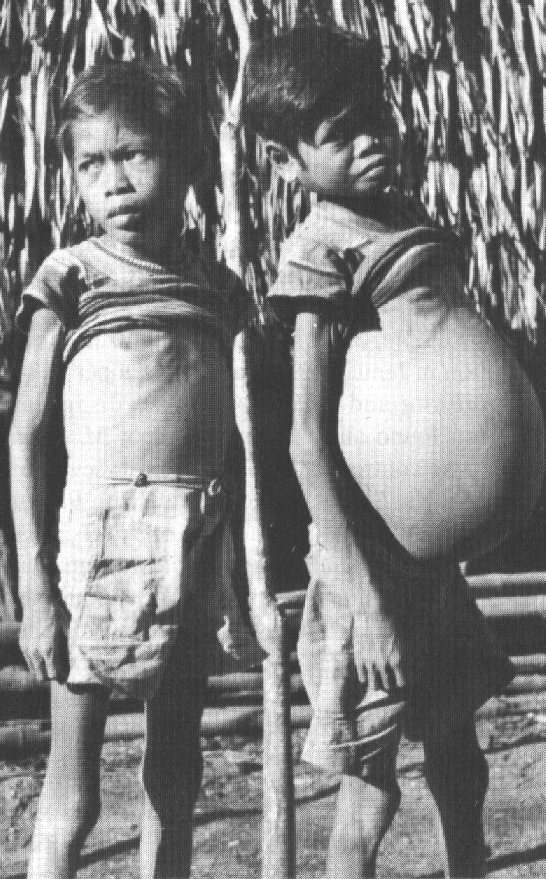
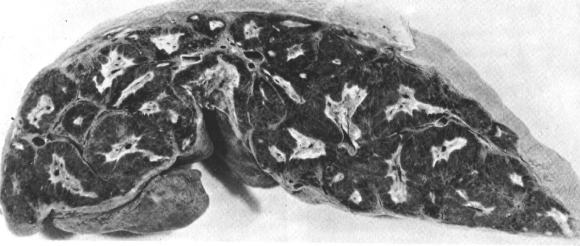
The other emphases we discuss are the important evolutionary and ecological aspects of parasite/host relationships. Coevolution of the host and the parasite is discussed in terms of the “coevolutionary arms race” between the host’s immune system and the parasite’s mechanisms to avoid detection or elimination by the host. We discuss some of the more interesting evolutionary developments of the non-human parasites to “round out” the study of parasitism and to note the interesting evolutionary developments in organisms that have specialized on a parasitic lifestyle.
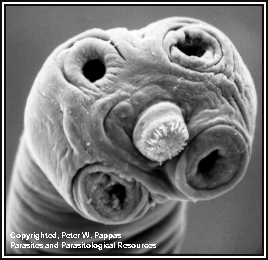
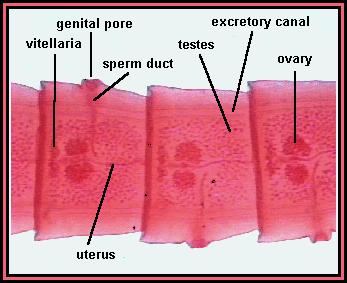
Overall, this course outlines the single most prolific type of niche for the animal kingdom, and should appeal to both our Biomedical Science students interested in going on to medical school (or other medically-oriented careers) as well as to our general Biology students just interested in interesting critters!
Introductory Lecture –
Sample of first lecture, which outlines subject matter covered in this course
Course Description
We will cover the basic biology, pathology, and epidemiology of important human parasites. The course is divided into two parts: protozoan and worm parasites. In both sections we will discuss the basics of host/parasite interactions, as well as the medical affects of parasitism on humans.
Course Objectives
- Understanding the basic principles of parasitism
- Understanding the evolution of the parasitic lifestyle
- Documenting the pathological effects of parasitism
- Diagnosing parasitic infections
Grading of the course will be as follows: The lecture exams will include questions on general aspects of parasitology, life cycles, pathology, vectors and symptomology. Sample lecture exams will be on file in the library before the first exam is given.
The optional lab follows the course closely and is graded separately. It provides hands-on study of the various endoparasites we discuss in class.
Free Textbook: Foundations of Parasitology,” L. S. Roberts and John Janovy, 9th Edition. Textbook will be provided online
NOTE: Your textbook is free and will be sent to you in a pdf format at the beginning of class!
Other useful Parasitology texts are as follows:
General texts
- Cheng, T. C. General Parasitology
- Marquard and Demaree. Parasitology
- Noble and Noble. Parasitology.
Clinically-oriented texts
- Brooks, T. J. Essentials of Medical Parasitology
- Brown, H. W. and Belding. Basic Clinical Parasitology
- Belding. Textbook of Clinical Parasitology
- Faust, Russel and Jung. Clinical Parasitology
Veterinary texts
- Georgi. Parasitology for Veterinarians
- Soulsby, E. J. L. Helminths, Arthropods, and Protozoa of Domesticated Animals